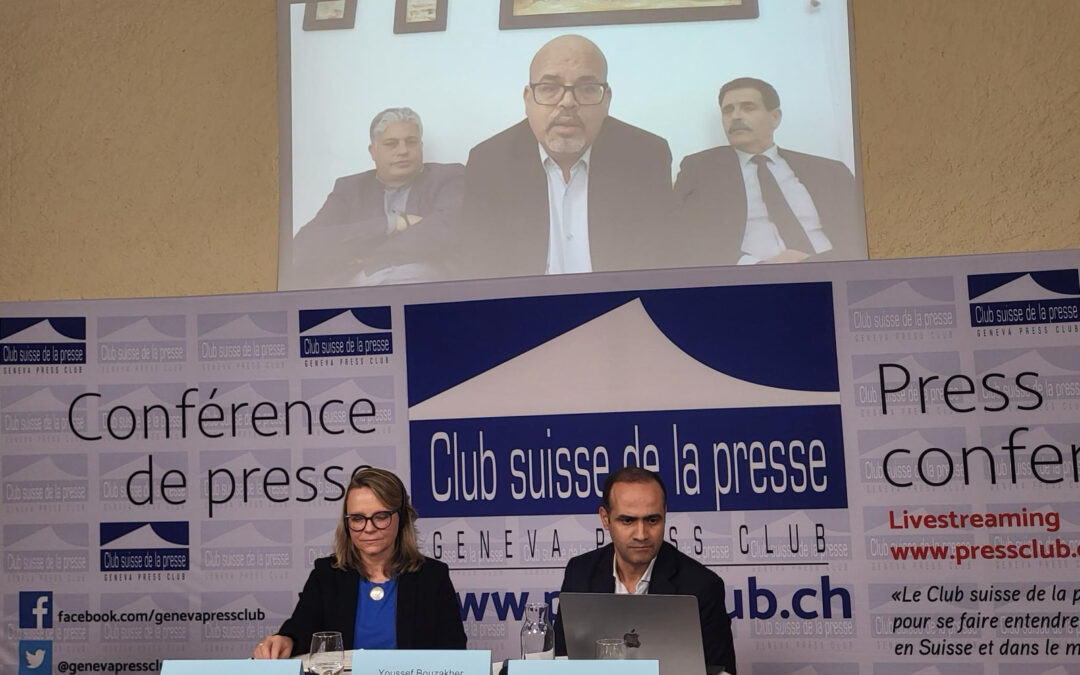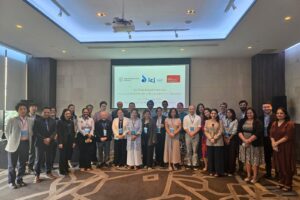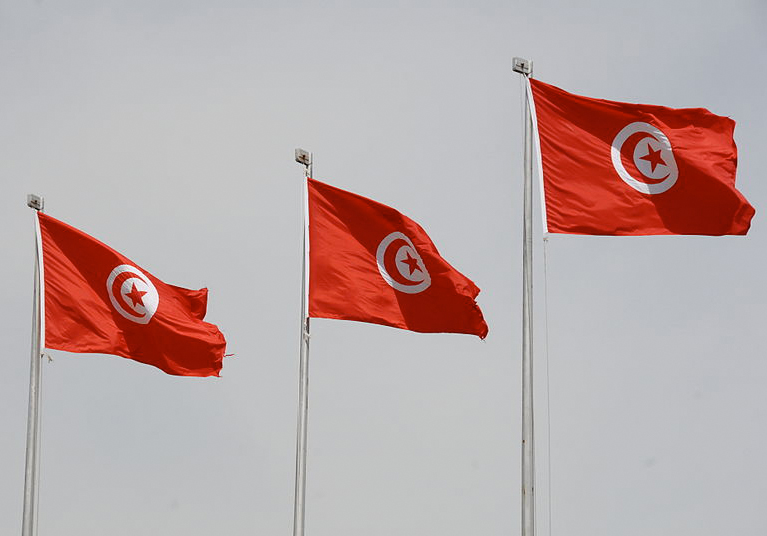

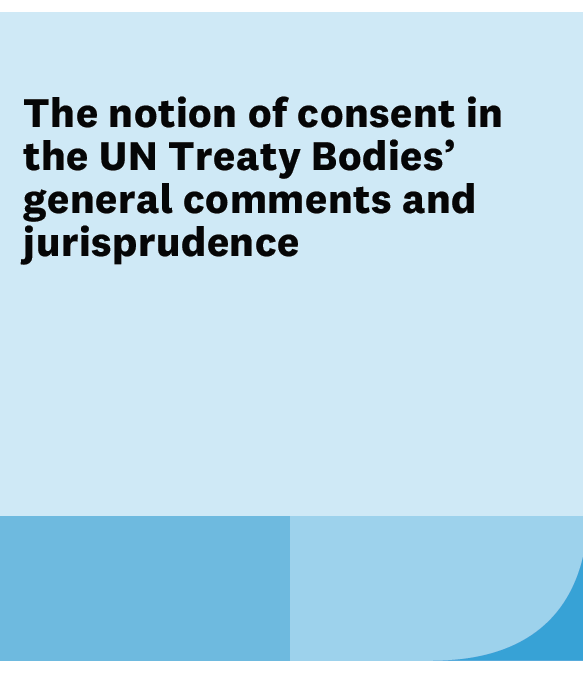
The Notion of Consent in the UN Treaty Bodies’ General Comments and Jurisprudence
The notion of consent in the UN Treaty Bodies’ general comments and jurisprudence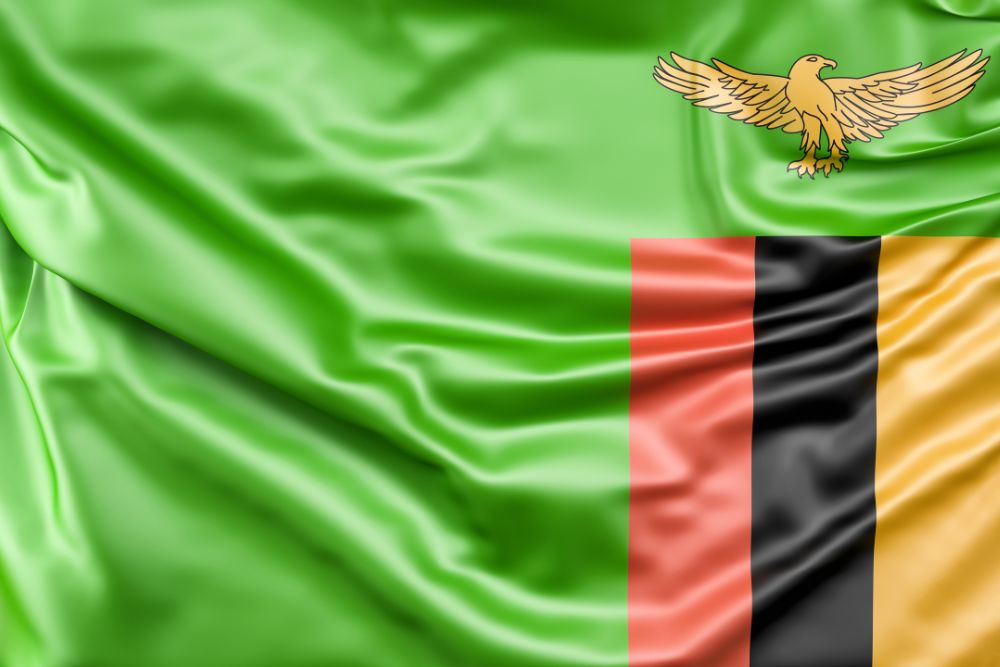
Zambia: Zambian authorities must implement the UN Committee on the Rights of Persons with Disabilities’ recommendations
A range of Zambian organizations of persons with disabilities (OPDs) and other civil society organizations (CSOs) – who early in March this year made submissions to the UN Committee on the Rights of Persons with Disabilities (the Committee) ahead of its examination of Zambia’s compliance with and implementation of the UN Convention on the Rights of Persons with Disabilities (CRPD) – have welcomed the Committee’s concluding observations and called on the Zambian authorities to take expeditious steps to ensure their implementation.

Zambia: Joint submission to the UN Committee on the Rights of Persons with Disabilities outlines key human rights concerns
The International Commission of Jurists – in collaboration with the Mental Health Users Network of Zambia (MHUNZA), Disability Rights Watch (DRW), the Southern Africa Litigation Centre and the Validity Foundation – have made a joint submission to the UN Committee on the Rights of Persons with Disabilities (the Committee), ahead of the examination Zambia’s initial report under article 35 of the UN Convention on the Rights of Persons with Disabilities (CRPD) on 6 and 7 March 2024.
